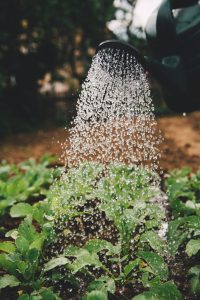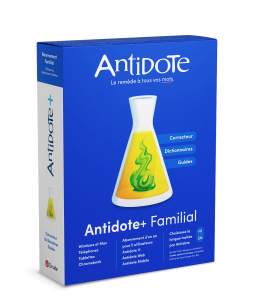Clean water from waste
Currently, 1 in 4 people in the world lacks clean drinking water. A Ugandan chemist may have a solution.
 Uganda
Uganda
People in Uganda rely on water supplied by the state, even though this may not mean it is clean. Some people develop typhoid from the tap water, resulting from chlorine being used to freshen the water. Chlorine degrades as it goes down the pipes, meaning the tap water may still be dirty.
Timothy Kayondo is a Ugandan chemist who has recently developed an idea for a water purifier. The filter is made using activated carbon meaning it soaks in contamination from water thus purifying it.
How does it work?
Timothy explains that they use cassava peelings and cattle bones to gather carbon. He first dries these food wastes, then grinds them up into a powder. Next, it is taken to a lab, activated, and then it is free to use to purify the water.
The device is housed in a small metal suitcase-type of casing. It can be opened and used anywhere, making this a huge step for water purification.
The device is small and can be used inside a home.
Larger models cost up to $2000.
Where are these going?
As of now, the devices are being used in places where boiling water is not convenient. This means they are stationed in schools, hospitals, and more public spaces.
The plan is to sell the blueprints for the project to a larger company that can expand the horizons of the machine.
Photo Credits: Markus Spiske, University of Southampton
Source: BBC
Encourage us if you like positive stories!
Global Goodness also suggests:
 High-quality writing is very important to members of the Global Goodness team. But no one’s perfect, so we always use Antidote.
High-quality writing is very important to members of the Global Goodness team. But no one’s perfect, so we always use Antidote.
Encourage us if you like positive stories!





